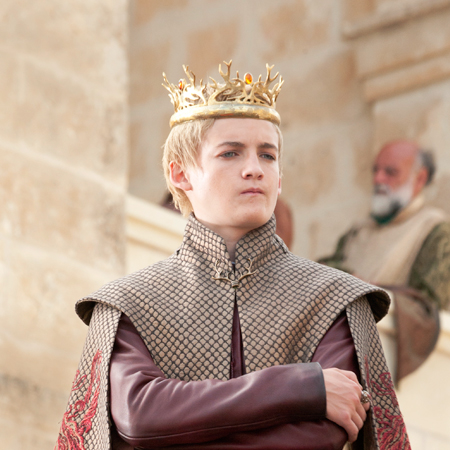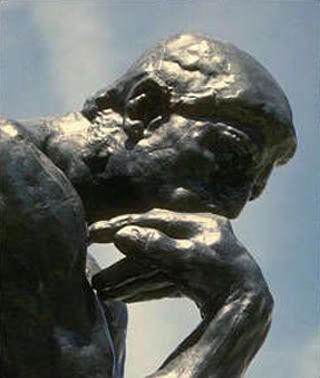
To paraphrase Churchill, I tend to judge a character mostly by the quality of their relationships. The more complex the connection, the more driven the characters involved, the better the story becomes. I’m not just talking about romantic relationships, either. Each of us has a variety of connections to others, ranging from simple acquaintance to a deep and nuanced history, and our characters should be no different.
Many times, a story will tell us of a child’s relationship with their parents. Be they deeply involved or completely aloof, the parents have an influence over their child and define that relationship. Is the child dedicated to making their parents proud of them, or proving them wrong about something? It comes down to the nature of the relationship parents and child had while said child was growing up. Even years after the fact, the shadow of a mother or father can fall over their son or daughter in some way or another, and how the character reacts tells us so much about them. One of the best scenes in Iron Man 2 is Tony Stark looking at the vibranium atom. He was lead to his discovery by his father, and the genius billionaire playboy philanthropist quietly remarks “Dead almost twenty years… and still taking me to school.” His little smile speaks volumes of his complex relationship with his father.
An overlooked relationship can be between characters who are friends. A friend is not only someone with whom common interests are shared, but also a source of inspiration or a voice of reason. A best friend or sidekick can be played mostly for last or marginalized in several ways, but good ones persist even as a story grows in scope and scale. Bruce Wayne’s butler Alfred and employee Lucius Fox are not always powerful influences on Batman, but in the animated series as well as Nolan’s films, they make their presence felt on more than one occasion, helping to keep the Dark Knight on the right path.
A lot of stories involve romance. It’s best when such things are not shoehorned into the story, but grow naturally from the relationships characters have to begin with. Most people do not go about their lives with randomness, but follow a progression from one decision to another; sometimes decisions carefully made, sometimes at the spur of the moment, and all with consequences that reach far beyond that decision point. In V for Vendetta, the title character makes the choice to rescue the young woman who helped him, even though it meant keeping her prisoner. What came after changed both of them, and did so in a way that makes sense.
Beyond family, friends, and lovers, characters have relationships with their enemies. The most common (and somewhat dull) setup is purely antagonistic on both sides. Sometimes, enemies respect one another. In rare cases, they began as friends, and maintain a heightened sense of awareness of each other every time they cross paths. Sherlock Holmes and Professor Moriarty may not have known each other as children, but they do hold each other to an uncommon degree of admiration. In Akira, Kaneda and Tetsuo begin as close friends, but circumstances drive them apart. And as the image above indicates, Professor X and Magneto maintain a complex and deep relationship even after they become enemies.
What relationships stick with you? Which surprise you or make you think or feel? And how can these things be applied to your characters?





